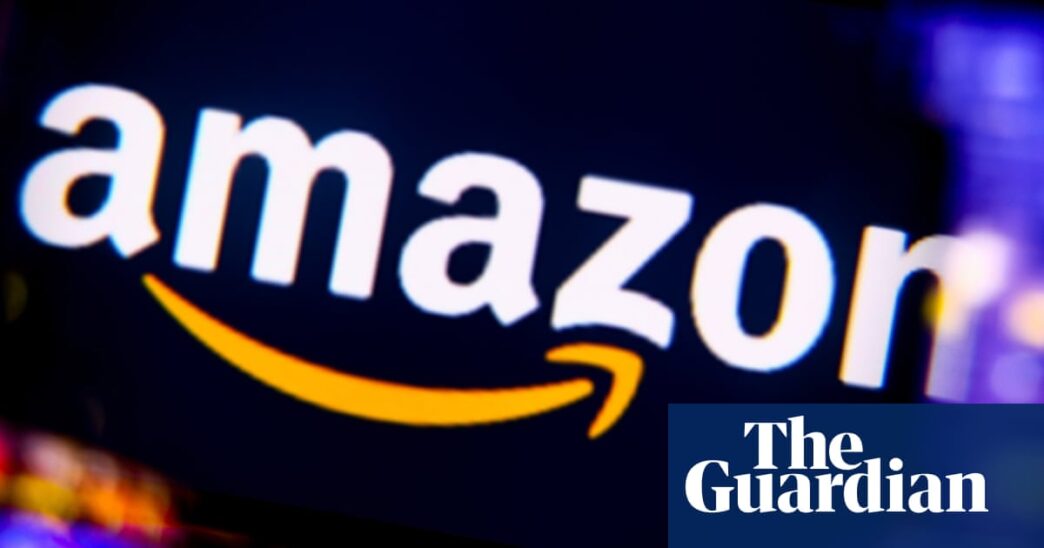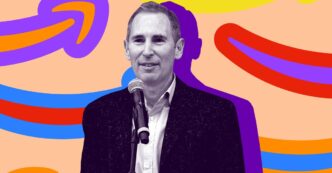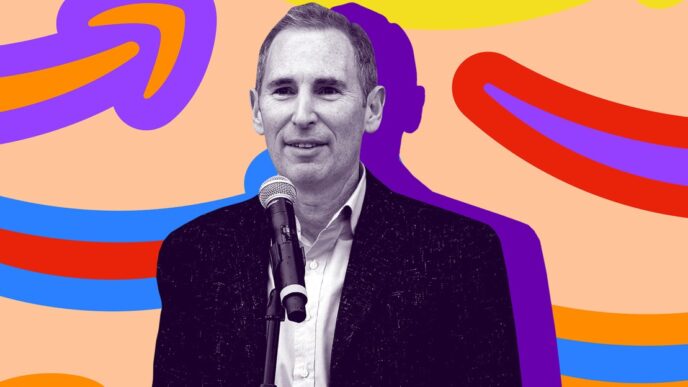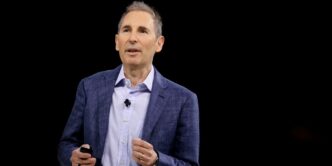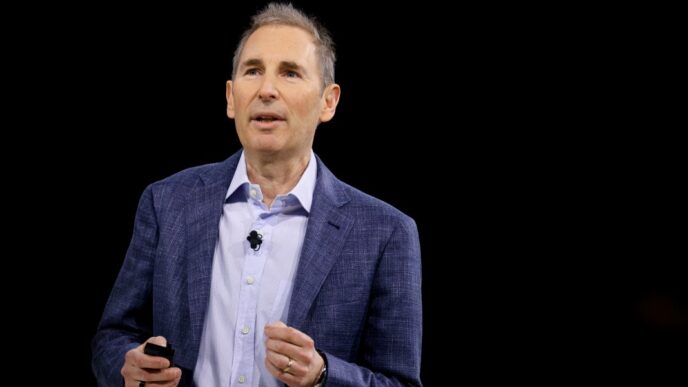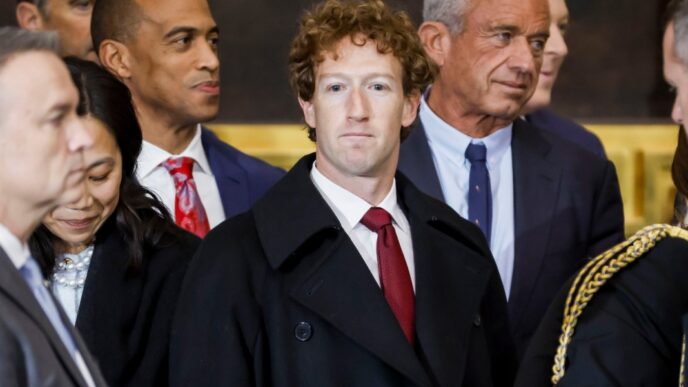Amazon warns corporate jobs are on the chopping block thanks to AI.
CEO Andrew Jassy told staff AI agents and generative AI, like chatbots, will cut the need for certain workers in the coming years.
Jassy said the rollout of AI will transform how work gets done, slashing some roles while expanding others. The clear message: fewer corporate staff will be needed over time.
“As we roll out more generative AI and agents, it should change the way our work is done,” Andrew Jassy stated.
“We will need fewer people doing some of the jobs that are being done today, and more people doing other types of jobs.
“It’s hard to know exactly where this nets out over time, but in the next few years, we expect that this will reduce our total corporate workforce.”
Amazon employs 1.5 million people globally, with about 350,000 in corporate roles like engineering and marketing.
Jassy predicts billions of AI agents soon working everywhere—from companies to everyday life tasks like shopping and travel.
“There will be billions of these agents, across every company and in every imaginable field. There will also be agents that routinely do things for you outside of work, from shopping to travel to daily chores and tasks. Many of these agents have yet to be built, but make no mistake, they’re coming, and coming fast,” he added.
He urged employees to learn AI quickly and position themselves to help Amazon “reinvent the company.”
“Those who embrace this change, become conversant in AI, help us build and improve our AI capabilities internally and deliver for customers, will be well positioned to have high impact and help us reinvent the company,” Jassy said.
The warning comes amid wider concern over AI-driven job losses. The UK’s BT CEO recently signaled similar worries, while Anthropic CEO Dario Amodei said AI might wipe out half of all entry-level office jobs.
The OECD and IMF estimate 60% of jobs in advanced economies are exposed to AI disruption, with many roles at risk. But the Tony Blair Institute predicts AI will displace millions but also create new jobs, partly offsetting losses.

